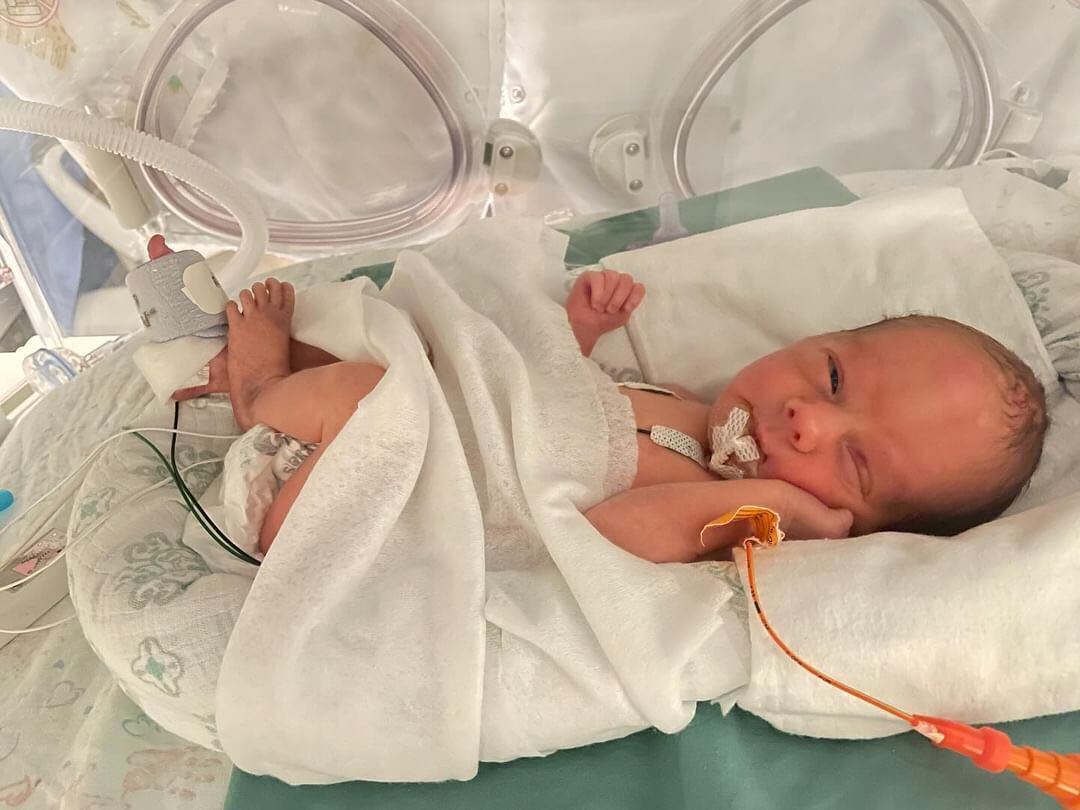
A message to our readers: the following article covers mental health, depression, and anxiety.
The consequences of the COVID-19 pandemic have been proven to impact the mental health of Canadians. Early studies have largely focussed on the general population, or those with preexisting mental health concerns, who provide essential services, or have been infected by the virus.
Several months in, there is a growing desire among health experts to learn more about the mental health implications for women who are pregnant and new moms in Canada.
Pregnancy is already a unique time that comes with its own stressors. Women with a previous history of mental illness, particularly anxiety and depression, are at increased risk during pregnancy.
But pregnancy also offers additional opportunities for healthcare providers to reach these women. For some, the care they receive during and after pregnancy could be the most consistent interactions they’ve ever had with the healthcare system.
Here are some pre-pandemic stats:
- Women are almost twice as likely to be diagnosed with depression or anxiety than men.
- It’s estimated that one in five women in Canada are living with mental health issues that meet diagnostic criteria and by age 40 one in two will have or have had a mental health disorder.
- In BC almost one quarter (23%) of new mothers reported feelings consistent with postpartum depression or anxiety.
- About half of all women with a history of depression will experience perinatal depression.
- Sustained prenatal anxiety and depression increase the risk of postpartum depression.
Unfortunately, there is still limited evidence of COVID-19’s impact on reproductive mental health in Canada.
To date, we can look to one research group that surveyed 1,987 pregnant participants in Canada in April 2020. They found 37% of women who are pregnant reported symptoms of depression, and 57% reported symptoms of anxiety.
They identified specific stressors the COVID-19 pandemic has introduced to women who are pregnant + new moms:
- Concerns about their health and the health of their baby
- Changes in care including the transition to virtual care for certain appointments, and not being allowed to bring a support person for in-person appointments
- Cancelled prenatal group classes
- Social isolation from family and friends
- Economic uncertainty including job loss or reduced hours
- Decreases in physical activity due to isolation measures
- Shifts to home arrangements, including homeschooling and caring for other children
One can imagine how many of these concerns could impact single mothers more deeply; and women account for 81% of single parent households in Canada.
The benefits of online tools for reaching women with reproductive mental health concerns:
- They’re accessible from anywhere, from the privacy of your own home.
- Anyone can access them — pregnant individuals, their partners, friends, family, or coworkers.
- They can be used while women are on a waitlist for one-on-one counselling.
- They protect the anonymity of women who are beginning their journey, deciding when it’s time to reach out for help.
- They’re preventative, reaching women before their situation increases in severity.
Investing in online supports for mental health is investing in the ability for our healthcare system to respond nimbly to the unintended consequences of the COVID-19 pandemic.
HOW YOU CAN SUPPORT
- Buy tickets for GLOW, an interactive broadcast raising funds for reproductive mental health research.
- Donate today to ensure women’s reproductive mental health needs are met.
- Learn more about our Reproductive Mental Health campaign.
- Do you have a lived experience with reproductive mental health you’d like to share? Use your voice. By sharing your story, women across the province can relate, find solace, and muster the courage to share theirs too.
BC Women’s Health Foundation is BC’s largest non-profit organization dedicated to advancing the full spectrum of women’s health. The information shared is intended to educate, inform, and point readers to credible sources. It is not intended to substitute professional medical advice.
If you are struggling with your mental health, or concerned about someone else, call the BC Mental Health Support Line: 310-6789 (do not add 604, 778 or 250 before the number). It’s free and available 24 hours a day. If you prefer to access help and support via email, contact bcpartners@heretohelp.bc.ca.
-
Hope and Healing for BC’s Most Vulnerable
Not all pregnancies go smoothly. Some new moms encounter a multitude of life-threatening challenges. This was ...
Read more -
Immunoassay Analyzer for Newborn Screening
Simply put, early detection through newborn screening is saving lives. Baby Harri was one of the fortunate bab...
Read more -
A Journey of Hope + Gratitude
"You just never know how much you’ll appreciate a great facility like this until you go through something yo...
Read more



